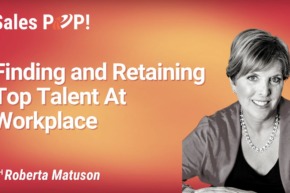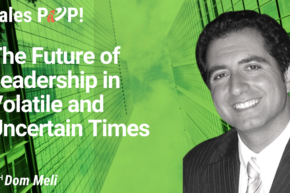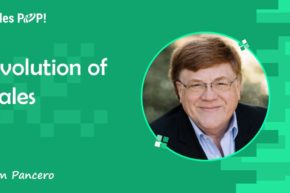In this Expert Insight Interview, Matthias Oschinski discusses the future of work, inclusive growth, and changing skills demand. Matthias Oschinski is the founder and CEO of Belongnomics and an empirical economist with extensive experience in applied research and statistical analysis. He is also a senior lecturer at the University of Toronto’s Munk School of Global Affairs & Public Policy, teaching at the undergrad and grad levels.
This Expert Insight Interview discusses:
- How our education models need to change to serve the modern workplace better
- Why a willingness to keep learning is one of the most important skills today
- How we can help those most vulnerable stay afloat during crises
Old-Fashioned Education Model
Many jobs that today’s high-school graduates will end up doing haven’t even been invented, or people haven’t even considered them. However, we’re still stuck in very traditional modes of education.
The pandemic, in particular, has accelerated the adoption of digital technology and automation because of remote work and the changing workforce climate. This has been another factor in accelerating the change in skill requirements that has already been going on in the last 10–15 years.
Willingness to Keep Learning
Regarding education, especially high-school education, we must emphasize teaching students to remain willing to keep learning. Many of Matthias’s students often talk about how happy they are to be graduating from university because they won’t have to study anymore. He believes this is the wrong attitude in today’s fast-changing world.
What will happen for most of us in our lives, especially the younger people, is that we will see a much higher requirement for continuous learning, lifelong learning career changes throughout our lifetime. This requires a different attitude to learning and teaching a different perspective in high school and even in undergrad studies. It’s no longer about giving people the skills to join the job market and stay there for the next 30–40 years, but more about giving them the skills to acquire new skills in the future.
Helping the Most Vulnerable
We must equip people to be flexible, to try different things, instead of boxing them in. If the pandemic and technological advances have taught us anything, it is that these boxes can fall apart very quickly.
Matthias focuses much of his work on helping the most vulnerable create more resilient career paths. He often finds that crises mainly affect minorities, women, immigrants, and other vulnerable groups.
Our Host
John is the Amazon bestselling author of Winning the Battle for Sales: Lessons on Closing Every Deal from the World’s Greatest Military Victories and Social Upheaval: How to Win at Social Selling. A globally acknowledged Sales & Marketing thought leader, speaker, and strategist, he has conducted over 1500 video interviews of thought leaders for Sales POP! online sales magazine & YouTube Channel and for audio podcast channels where Sales POP! is rated in the top 2% of most popular shows out of 3,320,580 podcasts globally, ranked by Listen Score. He is CSMO at Pipeliner CRM. In his spare time, John is an avid Martial Artist.







Comments